Prebiotics vs Probiotics - What's The Poop?
Decode the gut puzzle: Prebiotics vs probiotics? Find out which one holds the key to a thriving gut ecosystem and optimal digestion.
Who knew that our poop could be so interesting? Turns out, there's a lot to learn about the different types of bacteria that live in our gut and what role they play in keeping us healthy. Here, we'll explore the difference between prebiotics and probiotics - two common terms you've probably heard thrown around when people talk about gut health. We'll also dispel some common myths about these essential microorganisms. So strap in, folks - it's time to get down and dirty with some gut bacteria!

Prebiotics vs Probiotics - What's the Difference?
Prebiotics and probiotics—they sound like characters from a science fiction movie, don't they? But they are actually two entirely different things. Prebiotics refers to dietary fibers that stimulate the growth of beneficial bacteria in your gut. In lay terms, this means prebiotics help you digest more effectively and stay healthy.
Probiotics, on the other hand, are live bacteria that provide a wide range of health benefits including improved digestive health. These can be found in dietary supplements or fermented foods such as yogurt, tempeh, and kombucha. So next time you're grocery shopping make sure to stock up on these strange-sounding substances - they could just save your life!
Benefits Of Taking Probiotics
Have you ever heard the phrase “take your probiotics”? Well, it is definitely more than a buzzword and has significant implications for gut health. Taking probiotics won't just make digestive issues dwindle magically away, but can play an important role in creating a healthy gut environment.
Everyday activities like stress or eating processed food can lower the levels of good bacteria in your stomach, which probiotics help replenish. This beneficial bacteria can not only support digestion and nutrient absorption but also bolster your immune system and even promote better skin health.
So if improved digestion, greater immunity, and clearer skin sound attractive to you - it would be wise to start taking daily doses of these powerful wonders!
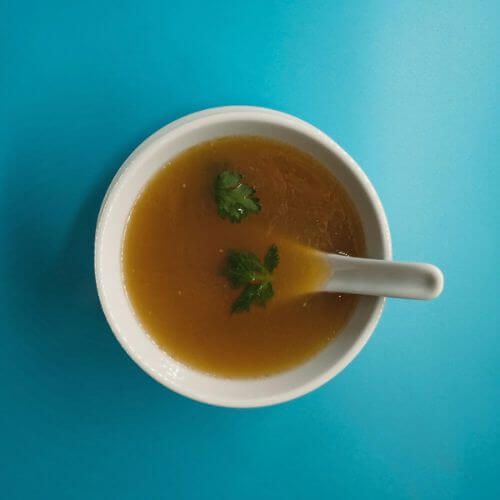
How To Get More Probiotics In Your Diet
If you're looking to give your gut health a boost, adding probiotics to your diet is a great start! The best way to do this is by incorporating probiotic-rich foods like yogurt, sauerkraut, kefir, and kimchi into your meals.
You can also enjoy some probiotic-fortified snacks like cereal or bars if you find yourself needing some extra fuel during the day. But if you really want to step up your game, consider taking supplements that contain beneficial bacteria and yeasts.
With all these options available, getting quality probiotics in your daily routine really is as easy as 1, 2—you get the idea!
Foods That Contain Prebiotics
Many everyday foods can provide a wealth of essential nutrients and minerals, but did you know that you can also find prebiotics in a variety of fruits and vegetables? Prebiotics are vital to keeping our gut bacteria balanced, which is why selecting the right foods is important.
Bananas are a great source of prebiotics; other sources include garlic, onions, asparagus, oats, yams, Jerusalem artichokes, leeks, and several kinds of beans. Incorporating these superfoods into your diet is an easy and delicious way to ensure optimal gut health.
By incorporating these foods into your weekly meals, you can maximize the health benefits of this powerful nutrient.
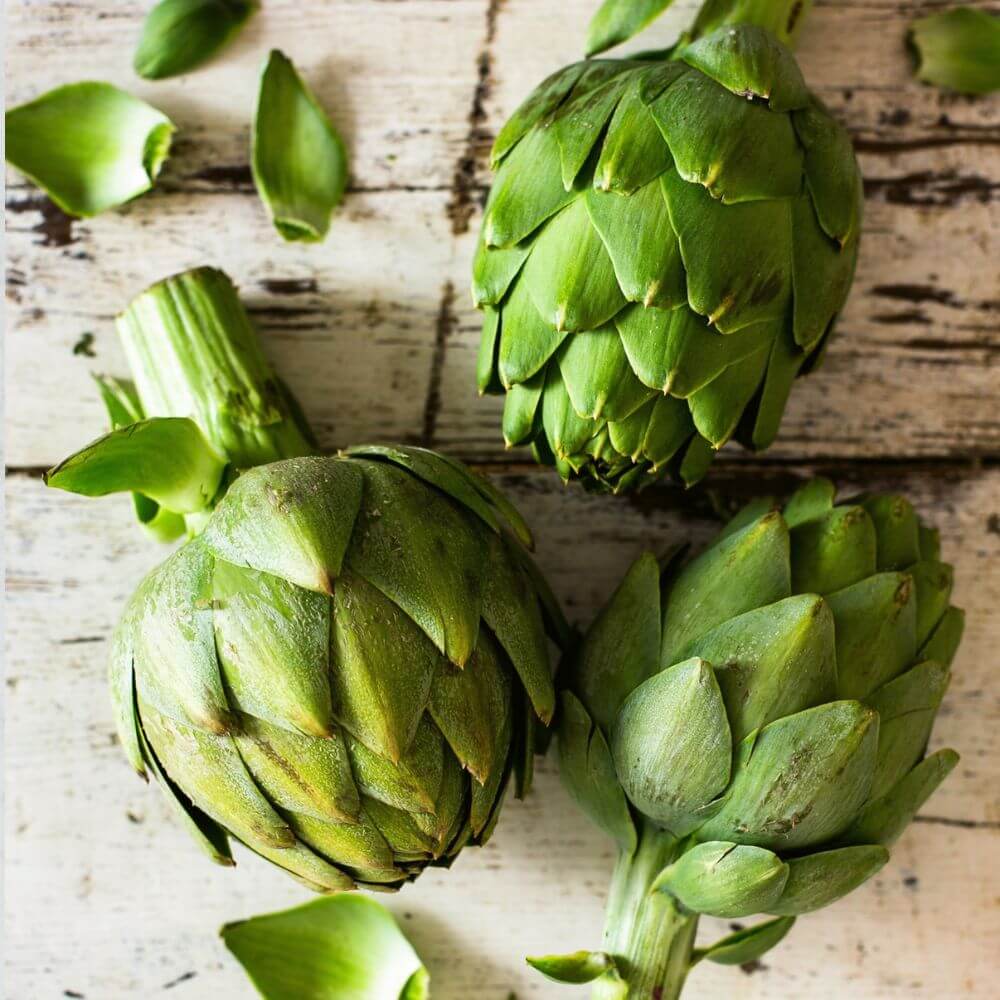
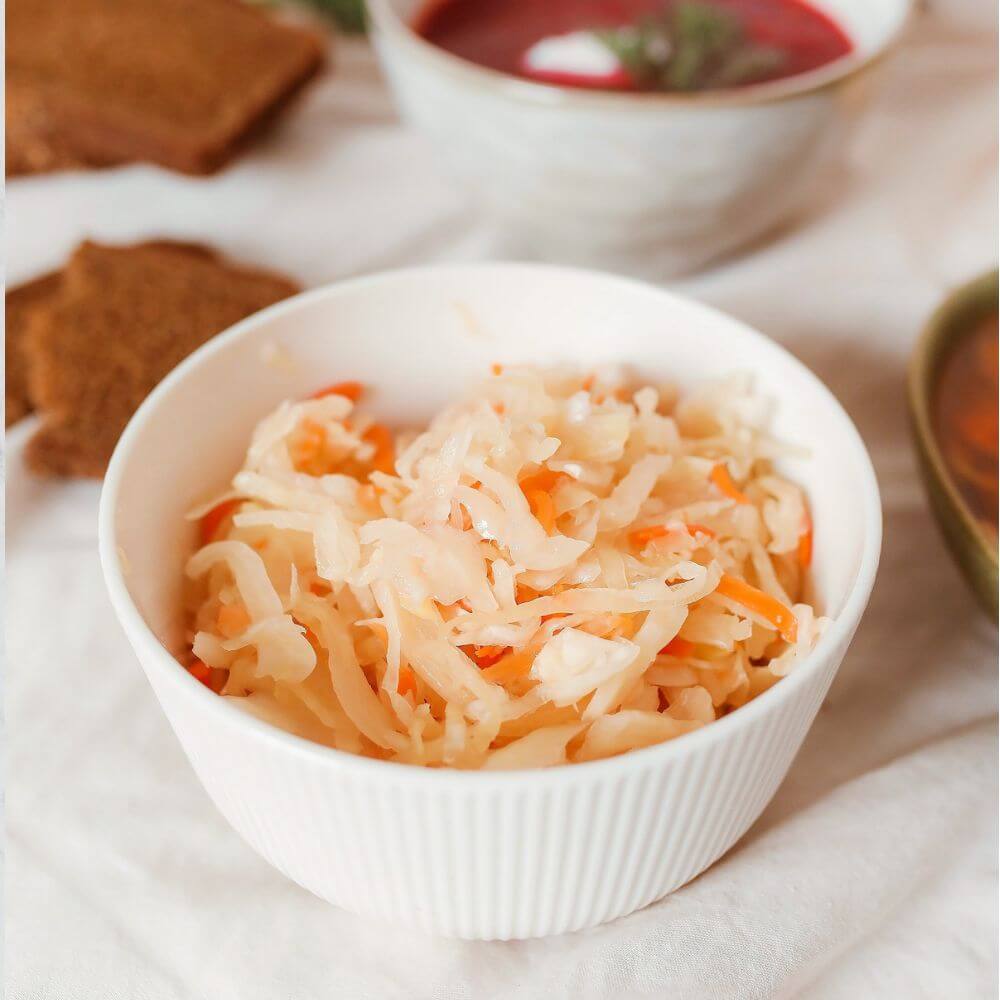
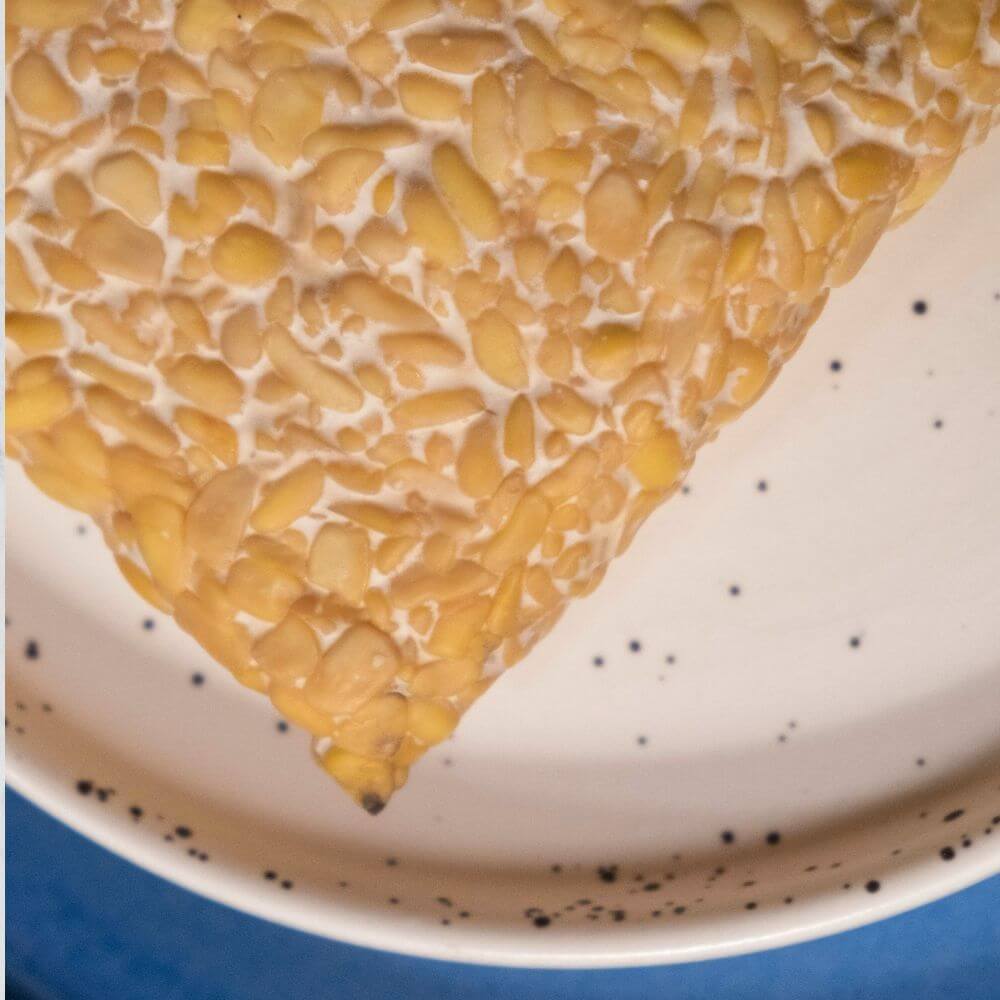

Pros And Cons Of Both Prebiotics And Probiotics
Prebiotics and probiotics are important for maintaining a healthy digestive system. Generally, prebiotics are non-digestible fibers such as inulin or galactooligosaccharides that act as food for the beneficial bacteria in your gut, while probiotics are live microorganisms found in certain foods and supplements. Both can be helpful when taken regularly, particularly if someone has an imbalance of good-to-bad gut bacteria.
Prebiotics can help produce essential vitamins and minerals, aid food digestion, and regulate hormones. Probiotics have been shown to boost immunity and may help with digestive health conditions such as irritable bowel syndrome. They both have their pros and cons; taking prebiotic supplements may result in gas or bloating since large amounts of fiber may be difficult for some people to digest, while probiotic supplements aren’t suitable for those with weakened immune systems or severe gut infections.
Prebiotics and probiotics play a major role in maintaining the delicate balance of our gut microbiome. While probiotics can provide a great boost for digestion, immunity, and skin health, prebiotics are essential for sustaining the growth of beneficial bacteria. So next time you're struggling with digestive issues or just looking for a way to stay healthy - make sure you stock up on prebiotics and probiotics! Your gut will thank you.
The Bottom Line
Probiotics and prebiotics are both important for gut health, but they perform different functions. Probiotics are live bacteria that help to support a healthy digestive system, while prebiotics are non-digestible fibers that feed the probiotics. Both can be found in common foods, and there are many benefits to including them in your diet.
To get more probiotics, try eating yogurt or taking a supplement daily. To increase your intake of prebiotics, eat bananas, garlic, onions, and other high-fiber foods, or take a reputable supplement! Start incorporating both prebiotics and probiotics into your diet to support gut health. Happy pooping!
You Might Also Enjoy Reading This!
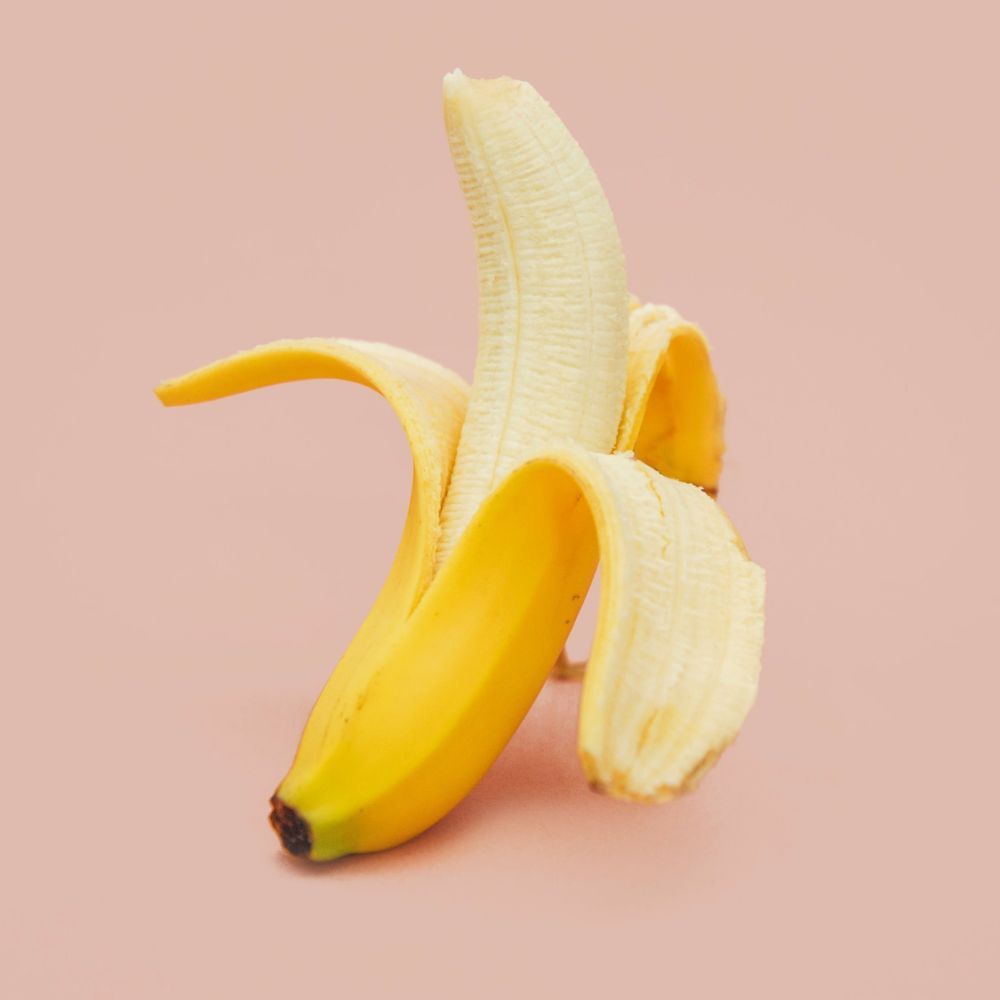


Disclaimer
Each of these products has been very carefully reviewed and selected by us at WellnessWishlist. All opinions in this article are our own, and we're proud to share them with you, however, all content is meant only to be informative and should not be taken as medical advice, nor used to diagnose, treat, and or prevent any health conditions. As Amazon associates we may collect compensation from the affiliate links on this page, through qualifying purchases (that's how we stay in business). We truly hope you enjoy finding the next addition to your WellnessWishlist!


